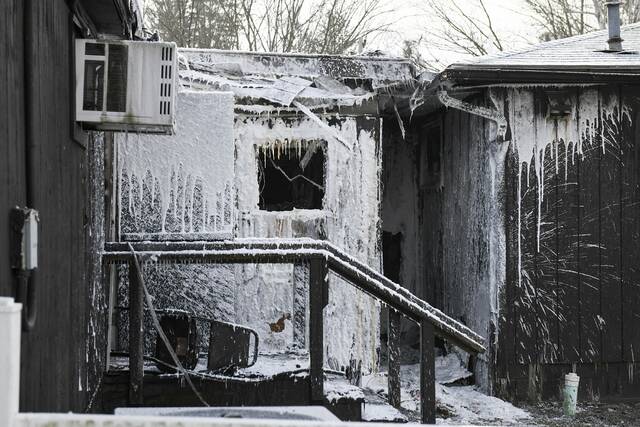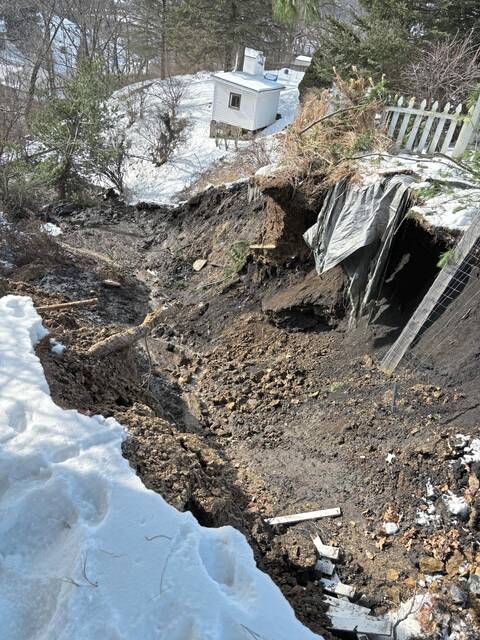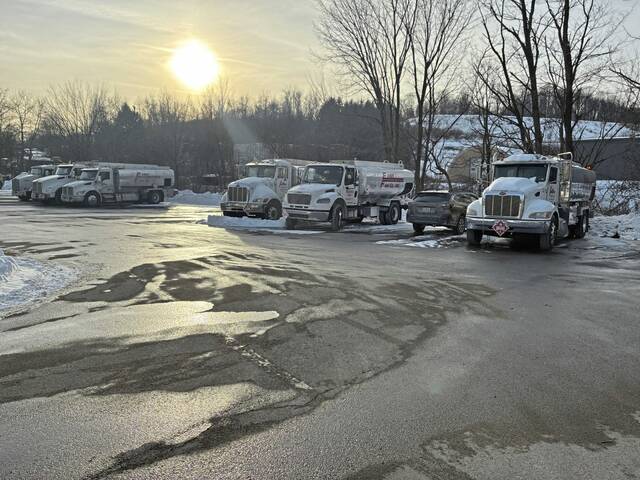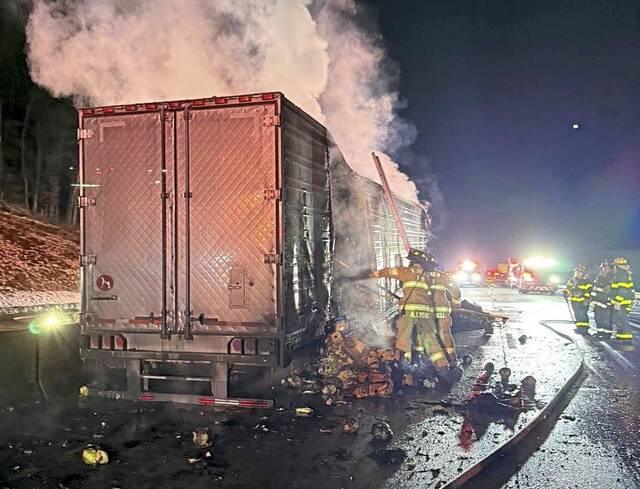More than $8 million in federal covid-relief funds will be used to pay annual subsidies that, in prior years, were paid for from the county’s general operating budget, Westmoreland commissioners said Thursday.
The earmarking of American Rescue Plan funds to the Westmoreland County Airport Authority, Westmoreland County Community College and other affiliated organizations will enable the county to retain current service levels and, for the third straight year, avoid a property tax hike, commissioners said.
Commissioners unanimously approved a $420 million budget that has general operating expenses exceeding revenues by $5.6 million and is balanced through the use of surplus funds.
“With costs of everything going up, we want to support our outside agencies and keep them at the same level they were in 2022. That’s what we decided to do to help the impact of our budget,” Commissioner Sean Kertes said in explaining the use of covid-relief funds. “We found ways to lower our deficit, and that’s why we are doing this.”
Westmoreland County received $105.4 million in federal American Rescue Plan funding and has spent or allocated nearly $56 million, including more than $8.3 million allocated to affiliated agencies as part of the 2023 budget.
Westmoreland County Community College will receive $2 million for operating expenses and another $1.5 million to cover debt payments from American Rescue Plan funds. The airport authority was earmarked more than $1.8 million for operations and $871,000 for debt service.
Both allocations mirror what commissioners awarded those agencies this year from general operating funds.
Commissioners also will use American Rescue Plan funds to cover annual allocations to agencies, including the county’s Industrial Development Corp., the federated library system and environmental programs such as the Penn State Agricultural Extension, farmland preservation efforts, the county’s land trust, historical society and PA Cleanways.
“This money is a one-time shot. From this point on, we’ll come back and put it under the umbrella of the general fund. While we have this money, why not use it to offset and free up money for the other services we have?” Kertes said.
Since the preliminary budget was pitched in November, commissioners cut a proposed $10.9 million deficit in half through increased revenue projections and a reduction of planned capital purchases, according to the spending plan.
Taxes will generate more than $88 million in revenues and account for about 24% of all money generated for the 2023 budget. More than 35% of the budget will pay for human services with more than $147 million allocated to social services programs.
Commissioners said the use of covid-relief funds to help balance this year’s budget is not expected to impact the county’s financial future.
Property taxes, which last were raised in 2019, will remain at 21.49 mills, a figure that means an average taxpayer whose home is assessed at $21,125 will have a 2023 tax bill of nearly $454.
“This board has sold or brought in more business than any previous board,” Commissioner Doug Chew said. “Because of supply chain issues, we have not seen the tax revenue as a result of those sales. While it may not seem like a sustainable way, we are very confident in the properties that are being built on generating tax revenues in the very near future.”
Additional revenue or spending cuts will be needed in future years, according to budget projections.
The county’s surplus, which for decades has been relied upon to balance the budget, is projected to be reduced to $4.1 million by the end of next year.
“This board has always, throughout the entire year, worked hard at capping expenses. What we project next year is always more than what we end up with at the end of the year,” Chew said.
Kertes agreed.
“We are just taking it year-by-year at this point,” Kertes said.








